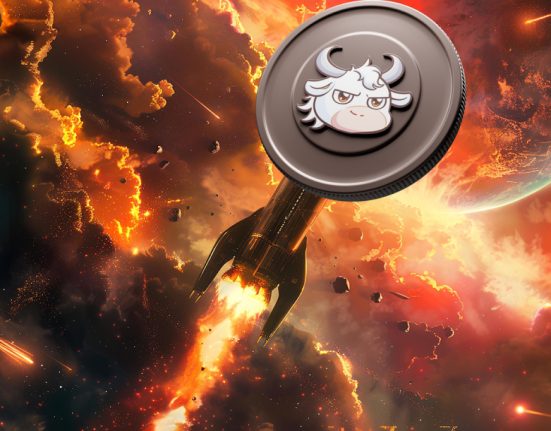Acala Dollar (aUSD), a stablecoin powered by Polkadot, fell to below 10 cents on Sunday as a result of hackers generating 1.3 billion of the tokens for free.
Acala, the stablecoin’s issuance network, decided to halt operations as a result of the problem.
Acala noted a configuration problem on its stablecoin protocol Honzon, which has a direct impact on how aUSD functions, in a tweet on Sunday.
One of the first Polkadot parachains, Acala, bills itself as the network’s “DeFi hub.” It had recently introduced a yield-bearing liquidity pool for USD and a wrapped form of bitcoin, but the pool had a flaw that limited how rewards were distributed.
On-chain investigators discovered that hackers had taken use of the vulnerability to amass 1.3 billion aUSD, with one attacker wallet containing around 1.27 billion aUSD.
Due to the incident, aUSD, which had maintained its soft peg since its debut in February, crashed to as low as $0.07 on KuCoin, mirroring TerraUSD’s demise in May.
AUSD, however, immediately recovered and is currently trading for more over $0.90. The official quantity of aUSD, according to blockchain explorers, is close to 4.8 million tokens.
While the stablecoin is managed via Acala’s Honzon protocol using a variety of risk management techniques, the value of the aUSD is also derived from a pool of reserve assets, primarily Polkadot ecosystem tokens. By providing certain digital assets to the protocol, users can create their own USD.
In aUSD’s announcement post, it was said that this lets individuals to transact, trade, and provide services using aUSD without price volatility.
Hackers are handled by Polkadot networks through governance votes.
The blunder was referred to as a misconfiguration by Acala, who also claimed that wallet addresses that got the incorrectly-minted aUSD had been detected and the error had been fixed the same day.
The network itself hasn’t revealed how many tokens were printed throughout the incident, although it claims to have kept more than 99% of them.
Until a collective governance decision on what to do next is approved, the remaining illicit aUSD has been locked.














